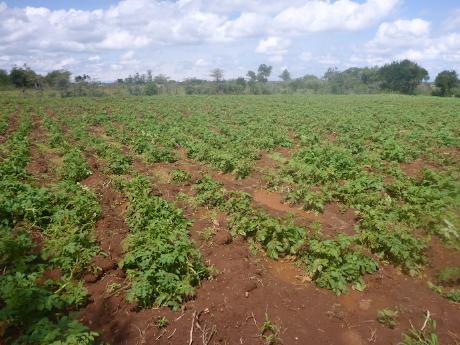Research
Optimal nutrient management is critical to increase agricultural productivity and sustainability. To do so, our research seeks to better understanding nitrogen, phosphorus and carbon cycling in agroecosystems to implement more effective management that maintains soil fertility and soil health while ensuring high productivity. My research primarily focuses on how management practices (e.g., cover crops) and systems (e.g., integrated crop-livestock systems) affect nutrient cycling and soil health, using complementary approaches – laboratory incubations, greenhouse experiments, field trials, long-term research.
-
Measuring the benefits of individual management practices in Florida agroecosystems
Many management practices can improve agricultural sustainability in Florida agroecosystems, including cover crops and organic amendments like composts and manures. As the effects of cover crops vary among systems, our research seeks to optimize their use across systems. We have established two trials on the effect of cover crops in vegetable crops at the Field and Fork gardens. We also work collaboratively on other systems (row crops, strawberry, citrus) and conduct incubation and greenhouse work using organic amendments. We are currently implementing different projects that combine amendments and cover crops, including recently funded SARE and OREI projects.
-
Quantifying how systems shifts affect nutrient cycling, soil health, and sustainability
Although individual practices can improve sustainability, major benefits may only appear when several practices change simultaneously, providing synergies that would not occur otherwise. Our work focuses on three systems shifts: integrating perennial forages and grazing in annual cropping systems, converting “conventional” systems into certified organic agriculture, and implementing regenerative agroecosystems. We evaluate the efficiency of these systems on nutrient cycling, including nutrient budgets and environmental losses, in addition to soil health indicators. Our current work focuses on the sod-based rotation system developed for Northern Florida, whereas comparisons of organic and regenerative systems with conventional agriculture are forthcoming.
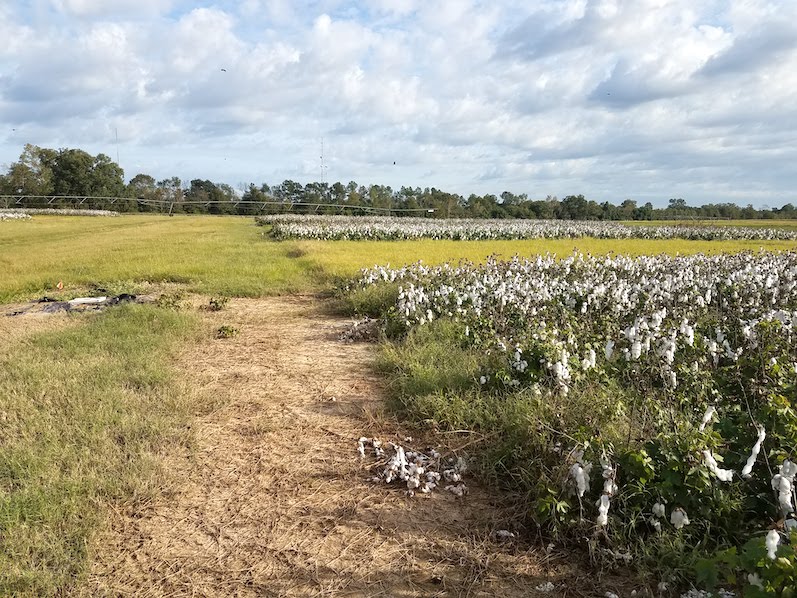
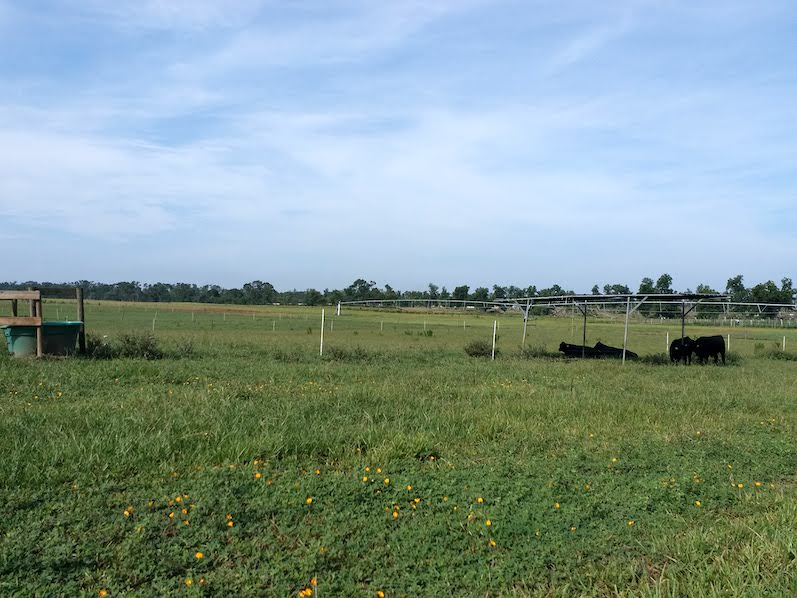
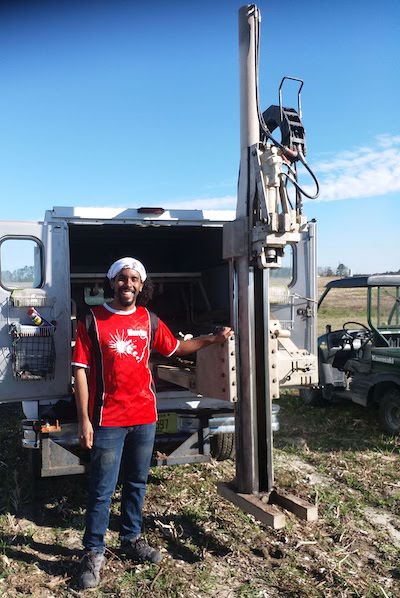
-
Identifying the soil health indicators that are most applicable across Florida agroecosystems
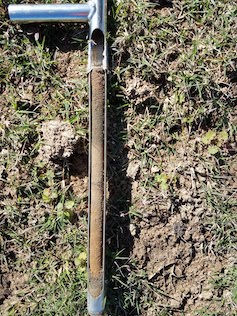
Soil health has gained tremendous popularity in recent years, although it remains unclear to which extent indicators developed and calibrated for other regions of the US are applicable to Florida. Our work seeks to determine which soil health indicators (e.g. POXC, protein N) are most applicable to Florida systems, and which management practices or systems actually improve the health of these agroecosystems, including a recently-funded AFRI project led by Dr. Sarah Strauss.
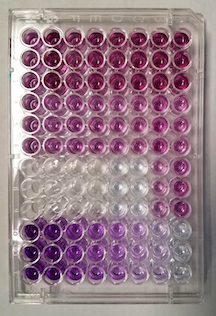
International work
While the bulk of our research activities are focused on Florida and the Southeastern US, we also conduct international work focused on sustainable agriculture and soil health. For example, we conduct work in Laikipia County (Kenya) about soil and water conservation and soil health, in collaboration with Dr. Cheryl Palm and Dr. Pedro Sanchez.
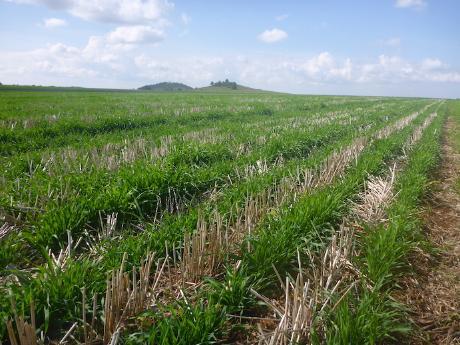
Publications
Interested in publications from our group? They can be found on Google Scholar.

